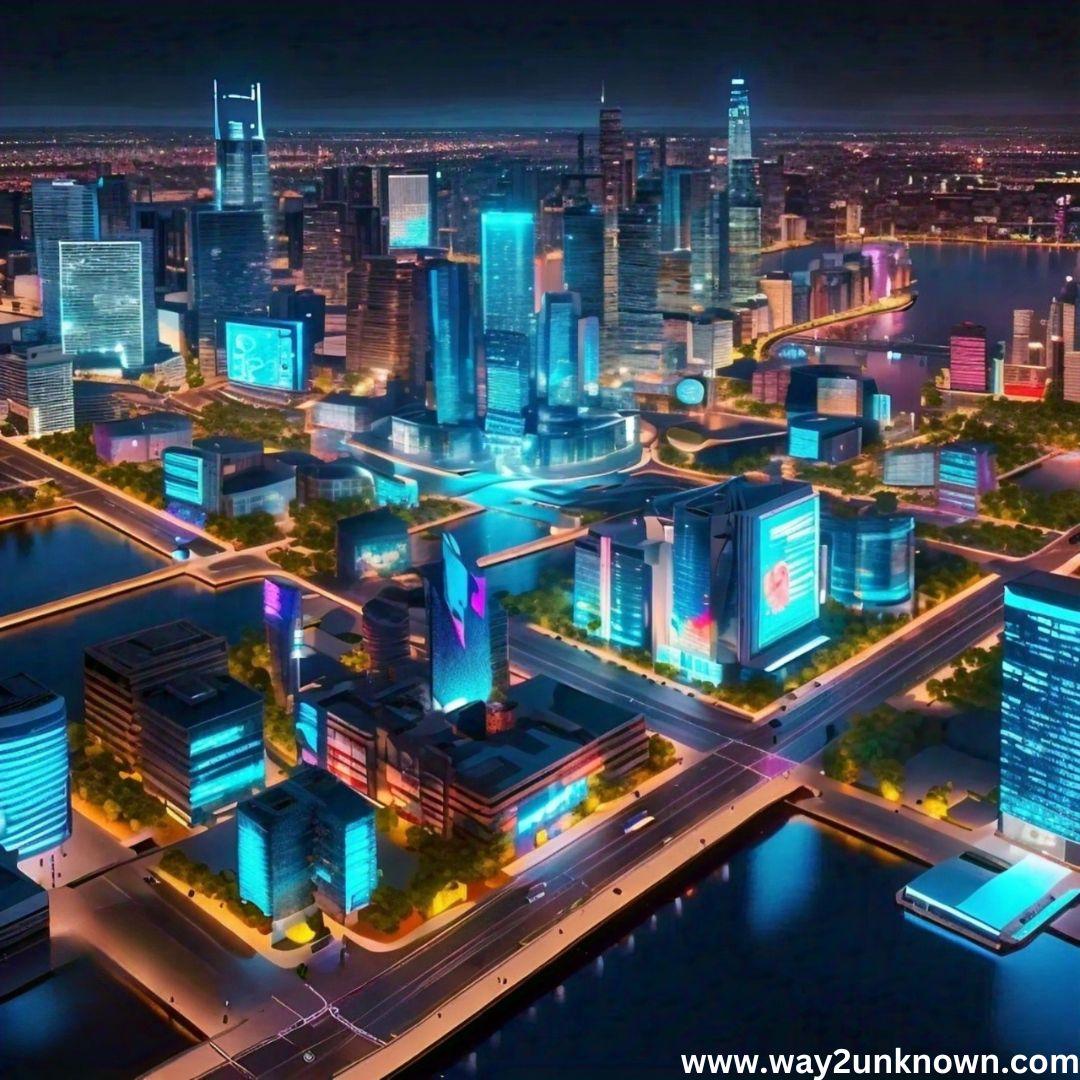The Impact of AI on Smart City Governance and Public Services

Artificial Intelligence (AI) is rapidly transforming the governance of smart cities, creating more efficient and responsive public services. AI-driven solutions are providing a viable foundation for managing complex urban environments, from traffic control systems to waste management and energy distribution. By analyzing vast datasets in real-time, AI helps city officials make informed decisions that optimize the use of resources while reducing costs. This digital infrastructure is crucial for addressing the challenges of urbanization and sustainability, ensuring that cities remain adaptable and resilient in an ever-changing world.
One of the key benefits of AI in smart city governance is its ability to enhance public service delivery. AI-powered systems can monitor and analyze data from public services such as healthcare, public safety, and transportation, helping to predict and address problems before they escalate. This proactive approach infuses public services with a new vitality, ensuring they remain responsive and reliable. For example, AI can detect patterns in emergency services, enabling quicker response times in life-threatening situations. Similarly, AI can optimize public transport routes based on real-time traffic data, reducing congestion and improving the overall urban experience.
However, the integration of AI into smart city governance is not without challenges. The complexity of AI models and the intensity of the need for data security and privacy pose significant hurdles. Ensuring that AI systems are both transparent and equitable is essential for maintaining public trust. Despite these concerns, the future of AI in smart cities is bright, as its ability to streamline operations, improve quality of life, and reduce inefficiencies will continue to make it an indispensable tool in urban governance. The evolution of AI offers a promising avenue for creating smarter, more sustainable cities.